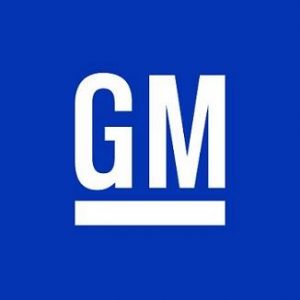 Detroit-based General Motors has outlined its plan not to just mass deploy autonomous cars across public roads during 2019, but to launch them profitably, something that the automaker’s competitors across Silicon Valley have had a hard time achieving.
Detroit-based General Motors has outlined its plan not to just mass deploy autonomous cars across public roads during 2019, but to launch them profitably, something that the automaker’s competitors across Silicon Valley have had a hard time achieving.
Having a driverless ride-hailing service to use as a framework, GM will count on reduction in costs, autonomous technologies advancing, and growth in the rail-hailing market that will enable it to successfully launch a self-driving vehicle during 2019, said Dan Ammann the president of GM during Thursday’s San Francisco investor event hosted by GM.
The carmaker will use the Chevrolet Bolt its all-electric car as the autonomous guinea pig, dovetailing the autonomous projection in Thursday with the earlier pledge by GM to roll out a profitable platform for electric vehicles by 2021.
With today’s ride-hailing services, consumer do not have to be concerned with having sticker shock for the price of electric vehicles, and automation costs in the first few years will be expensive as well.
The analyst said it made business sense for the different mobility services such as Lyft and Uber to shoulder initial expenses for the costly autonomous and electric vehicles. That is because the electric cars are able to rack up huge number of miles without going through much maintenance, and the self-driving vehicles mean drivers will no longer need to be paid.
GM did not say where it will be launching its autonomous ride-hailing service. However, it mentioned in its presentations dense, urban environments.
The automaker’s testbeds for its autonomous driving Bolt are Scottsdale, Arizona and San Francisco, California.
GM made an investment of $500 million during 2016 in Lyft, and said it sees a straight path to lowering the cost per mile for ride-sharing services to less than $1 before 2025.
That will help to drive the consumer to adopt it, which is vastly important to achieving profitability. That would position GM to compete with companies such as Waymo, owned by Alphabet, which will launch sometime soon a fully driverless taxi service in Phoenix, using autonomous Chrysler Pacificas.
Waymo, which is the self-driving vehicle spinoff of Google, was the first company to take the driver from the seat on public roadways in early November.
